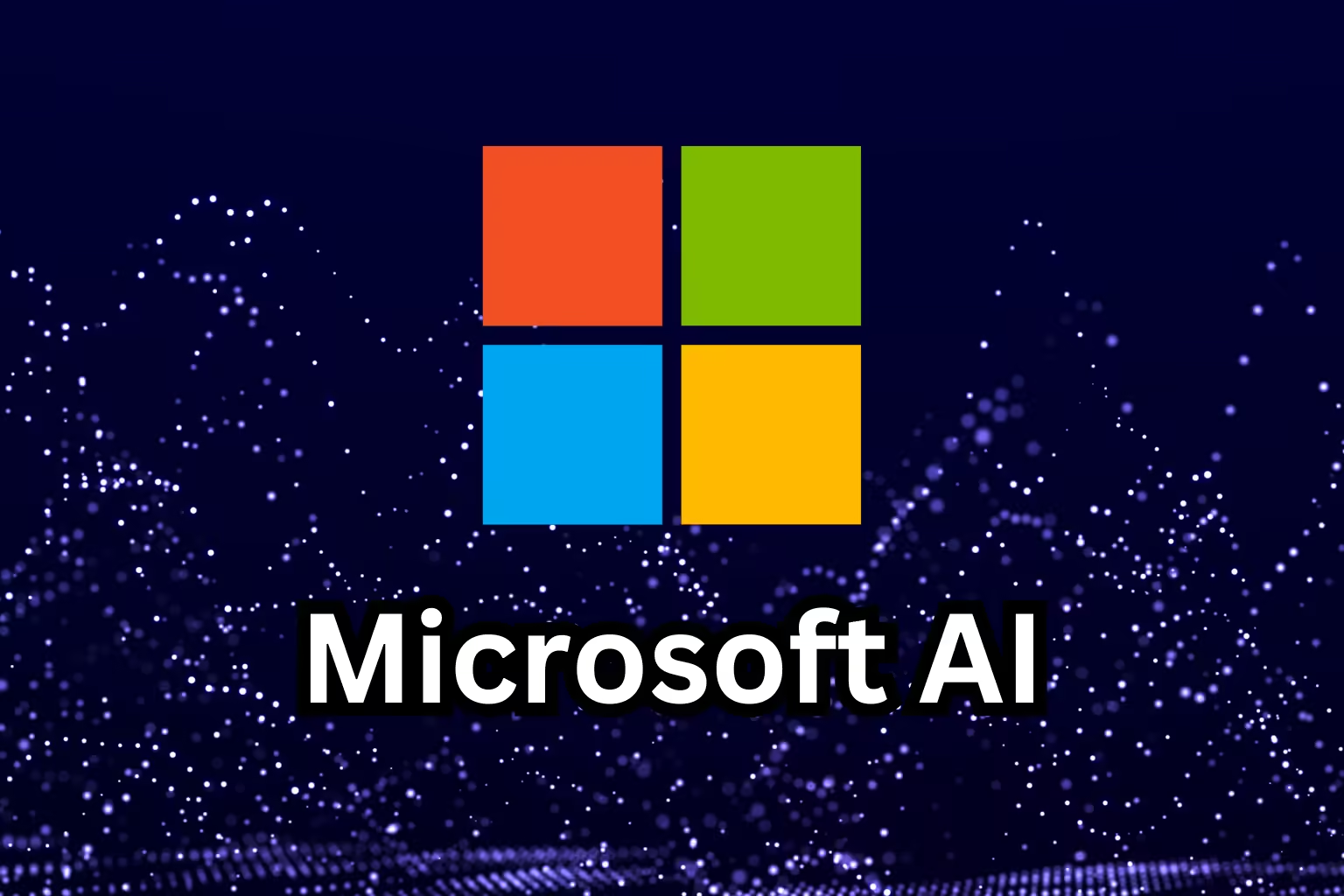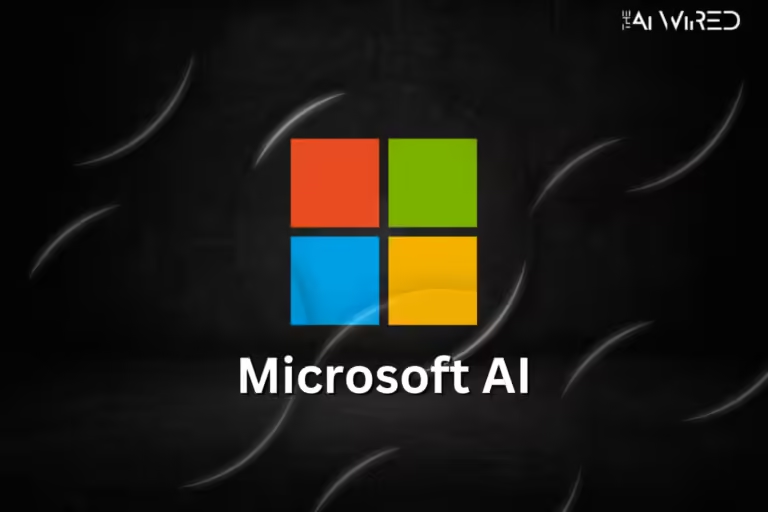
Microsoft’s TinyTroupe Revolutionizes AI Simulations with LLM-Powered Agents
Microsoft’s TinyTroupe brings innovative new developments in using AI for simulations through LLM multi-agent systems that mimic human activity and response.
Microsoft has released a Python tool called TinyTroupe that will revolutionize how multiagent simulations with LLMs are done. This experimental tool allows creating agents possessing personalities, trends of goals, and actions that may be variable. This is beyond the capabilities of any rule-based systems one can imagine or come across in the market today.
A New Era of Realistic Simulations
TinyTroupe uses LLMs like GPT-3.5 to give agents responses that are relevant to their situation. This lets them adapt and connect naturally with their surroundings. Instead of having fixed, predefined jobs, these agents show realistic traits like personality development, and the ability to have conversations and make decisions without relying on one person. This setup encourages emergent behaviors, which lets researchers see how simulated agents interact in unpredictable and real ways.
In TinyTroupe, for example, agents can do chores, have conversations, and make choices based on their own interests and goals. They might even act like real people, talking about other people, setting priorities, and solving problems. This would make simulated surroundings feel more real than ever.
Key Features and Applications
The library’s architecture allows developers and researchers to:
- Conduct virtual social experiments: Ideal for sociology, urban planning, and economics.
- Develop advanced non-playable characters (NPCs): For immersive gaming experiences.
- Explore educational and training scenarios: Such as simulating lifelike historical figures or diverse customer interactions for training purposes.
In Microsoft’s documentation, one experiment is used to show a simulated community of agents with different jobs, hobbies, and social groups. These agents did things like avoid conflict with others whose goals were different from their own. This gave us a look into group dynamics that are hard to study in real life.
Microsoft’s TinyTroupe is a bridge between traditional simulation methods and the flexible, human-like ways that LLMs can connect with each other. By making this tool open source, Microsoft gives developers the freedom to try out making complex, socially realistic settings that could change the way we use virtual systems.
TinyTroupe is a huge leap toward creating digital agents that are empathic and pleasant. This is through enhancing customer service training in companies and enhancing research on the behavior of groups. With continued improvements in the functionality of AI, these types of tools could be employed to construct societies in cyberspace that are as complex and dynamic as the real ones.


